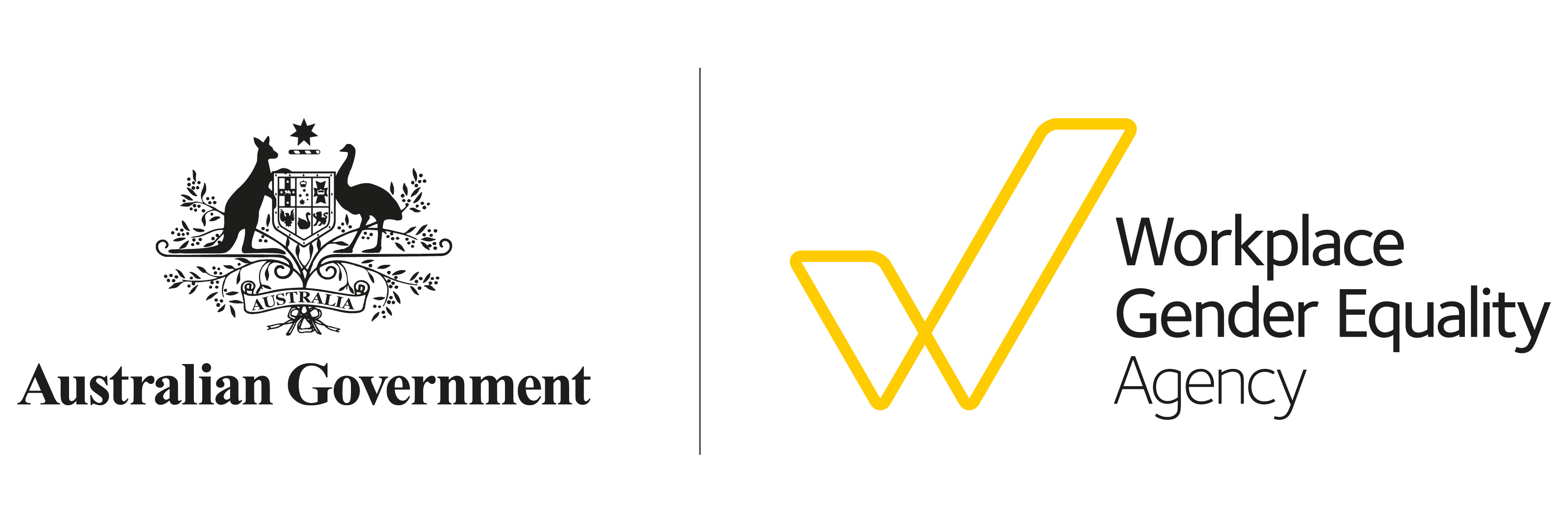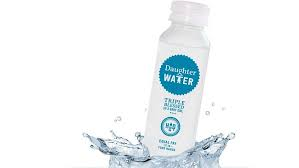Workplace Gender Equality Agency

The Workplace Gender Equality Agency (WGEA) is an Australian Government statutory agency charged with promoting and improving gender equality in Australian workplaces. The Agency is responsible for administering the Workplace Gender Equality Act 2012 (Act). The Workplace Gender Equality Agency was formerly known as the Equal Opportunity for Women in the Workplace Agency. WGEA work collaboratively with employers providing advice, practical tools and education to help them improve their gender performance. The staff are workplace gender equality specialists and able to provide industry-specific advice. They also work with employers to help them comply with the reporting requirements under the Workplace Gender Equality Act 2012. This reporting framework aims to encourage measures that improve gender equality outcomes and has been designed to reduce the regulatory burden on business. WGEA are committed to promoting and contributing to understanding, acceptance and public debate of gender equality issues in the workplace to drive cultural change. They work collaboratively with employers, business, industry and professional associations, academics and researchers, equal opportunity networks and women’s groups and regularly speak at private and public events on workplace gender issues.
The WGEA dataset
The Workplace Gender Equality Agency released the inaugural findings from comprehensive gender data provided by Australian employers on 26 November 2015. The second year of data collected by the Workplace Gender Equality Agency covers 12,229 employers and represents over 40% of employees in Australia. It finds:
- An overall gender pay gap* of 24.0% on average full-time total remuneration (including bonuses, allowances and superannuation), representing a difference of $27,254 a year. The overall pay gap in favour of men has declined slightly since 2013-14.
- The top levels of management remain heavily male-dominated, with just 15.4% of CEO positions and 27.4% of key management personnel (KMP) positions held by women. Across all management levels, the proportion of women managers has grown from 35.9 to 36.5% since last year.
- Women work part-time at three times the rate of men. While women make up nearly half (48.8%) of the workforce covered by our dataset, full-time women only comprise one in five employees (20.3%). Just 6.3% of management roles overall are part-time, contributing to the lack of women in senior roles.
This world-leading data reveals there has been some progress towards workplace gender equality but stubborn pay gaps persist across industries, occupations and management levels. While the data confirms stubborn gender pay gaps and under-representation of women in management and leadership roles, it also reveals measurable progress on employer action in support of workplace gender equality.
Resources and publications
WGEA data explorer The Agency has developed the WGEA data explorer, a comprehensive data visualisation tool that allows anyone to “drill down” into an incredible level of detail to investigate gender pay gaps, workforce gender composition and measures that influence gender equality in the workplace.
Australia’s gender equality scorecard This report provides an overview of the key insights revealed in the Workplace Gender Equality Agency’s 2013-14 and 2014-15 reporting data.
Gender strategy toolkit When viewed as a whole, the Agency’s data set indicates employers are not taking a strategic approach to gender equality. To assist with this, the Agency has developed a ground breaking methodology for building a gender strategy, which has been built in consultation with employers and provides a framework for building, measuring and integrating a gender strategy into a an organisation’s core business practices. The Gender strategy toolkit enables organisations to diagnose performance, set goals and build a comprehensive gender equality strategy. For more resources and publications on gender equality in the workplace please visit the website
Campaigns
 Equal pay is in your hands CEOs who’ve taken action on pay equity, or gender equality more broadly, often talk about a “light bulb moment” that encouraged them to start intervening to address barriers for women at work. For many, this moment involves a daughter. Incredibly, research backs it up: an international study found that when CEOs have a daughter, the pay gap shrinks in their organisation! So to lift the lid on the issue on pay equity and help start the conversation in the business community, the WGEA, in partnership with DDB, created Daughter Water, a drink to help CEOs have daughters. WGEA sent bottles of Daughter Water to approximately 3,000 CEOs who have told the Agency they haven’t done a gender pay gap analysis. Through this campaign, WGEA hope it will help them have their own light bulb moment, and make pay equity a priority. For more on this campaign visit the in your hands website
Equal pay is in your hands CEOs who’ve taken action on pay equity, or gender equality more broadly, often talk about a “light bulb moment” that encouraged them to start intervening to address barriers for women at work. For many, this moment involves a daughter. Incredibly, research backs it up: an international study found that when CEOs have a daughter, the pay gap shrinks in their organisation! So to lift the lid on the issue on pay equity and help start the conversation in the business community, the WGEA, in partnership with DDB, created Daughter Water, a drink to help CEOs have daughters. WGEA sent bottles of Daughter Water to approximately 3,000 CEOs who have told the Agency they haven’t done a gender pay gap analysis. Through this campaign, WGEA hope it will help them have their own light bulb moment, and make pay equity a priority. For more on this campaign visit the in your hands website
About the data
Under the Workplace Gender Equality Act 2012, non-public sector employers with 100 or more staff must report to the WGEA annually against six gender equality indicators: GEI 1: the gender composition of the workforce GEI 2: gender composition of governing bodies of relevant employers GEI 3: equal remuneration between women and men GEI 4: availability and utility of flexible working arrangements GEI 5: consultation with employees on issues concerning gender equality in the workplace GEI 6: sex-based harassment and discrimination This yields a dataset covering over 11,000 employers and approximately four million employees. This represents about one third of Australia’s workforce.
References
- https://www.wgea.gov.au/
- https://www.wgea.gov.au/lead/building-gender-equality-strategy
- http://inyourhands.org.au/
- http://www.comlaw.gov.au/Details/C2012C00899/Download
External links
- Subscribe to news alerts
- Follow us on twitter, youtube or linkedin


